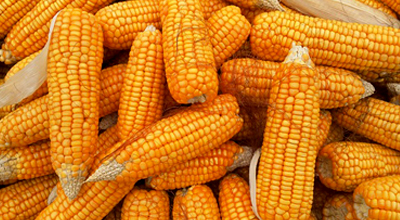
Image: Pixabay
The droughts and frosts that occurred this year have harmed corn production in the country. Given this, the solution to avoid shortages has been to import the grain on the international market. But with the drop in production came the rise in prices and the solution so that Brazilian farms do not suffer from shortages comes in the form of a decree from the Federal Government to reduce the PIS and Cofins contribution rate for corn imports to zero – information anticipated by the vice-president of the Parliamentary Front for Agriculture (FPA), deputy Evair de Melo (PP-ES), after a meeting with the Ministry of Economy team, this Thursday (16).
{module Form RD}
The signal that the animal protein production sector would suffer from the lack of corn was made by Congressman Evair de Mello himself, back in August. According to the parliamentarian, “many regions of Brazil have suffered from adverse weather conditions, which has created an imbalance in production”.
The deputy explains that with the reduction in the tax rate on grain imports, “the agricultural sector will be able to continue producing and the country will be able to continue working, without a shortage of corn and consequently without a shortage of animal protein”.
The main raw material for several typical Brazilian cuisine dishes such as hominy, couscous, polenta, angu, porridge, tamales, creams, among others such as cakes and popcorn, corn is a food with high energy potential due to its important starch content. Furthermore, the grain is used in animal feed, mainly in poultry and swine farming, and is also consumed by industry for various purposes.
Its industrial use is not restricted to food, corn is widely used in the production of thickening and gluing elements, in the production of oils, paper, medicines, clothing, paints, applied in more than 150 different products.
Source: Notícias Agrícolas












